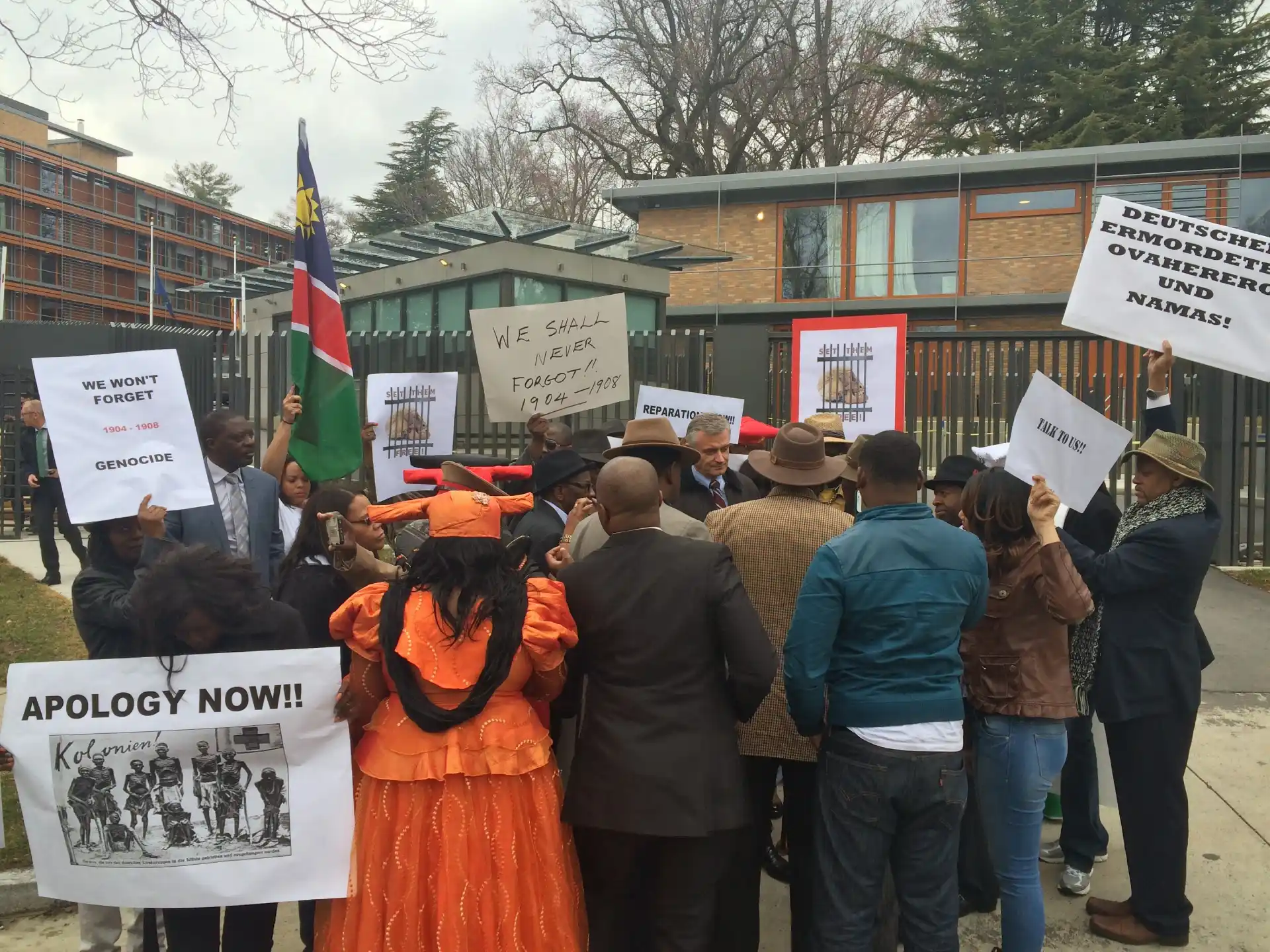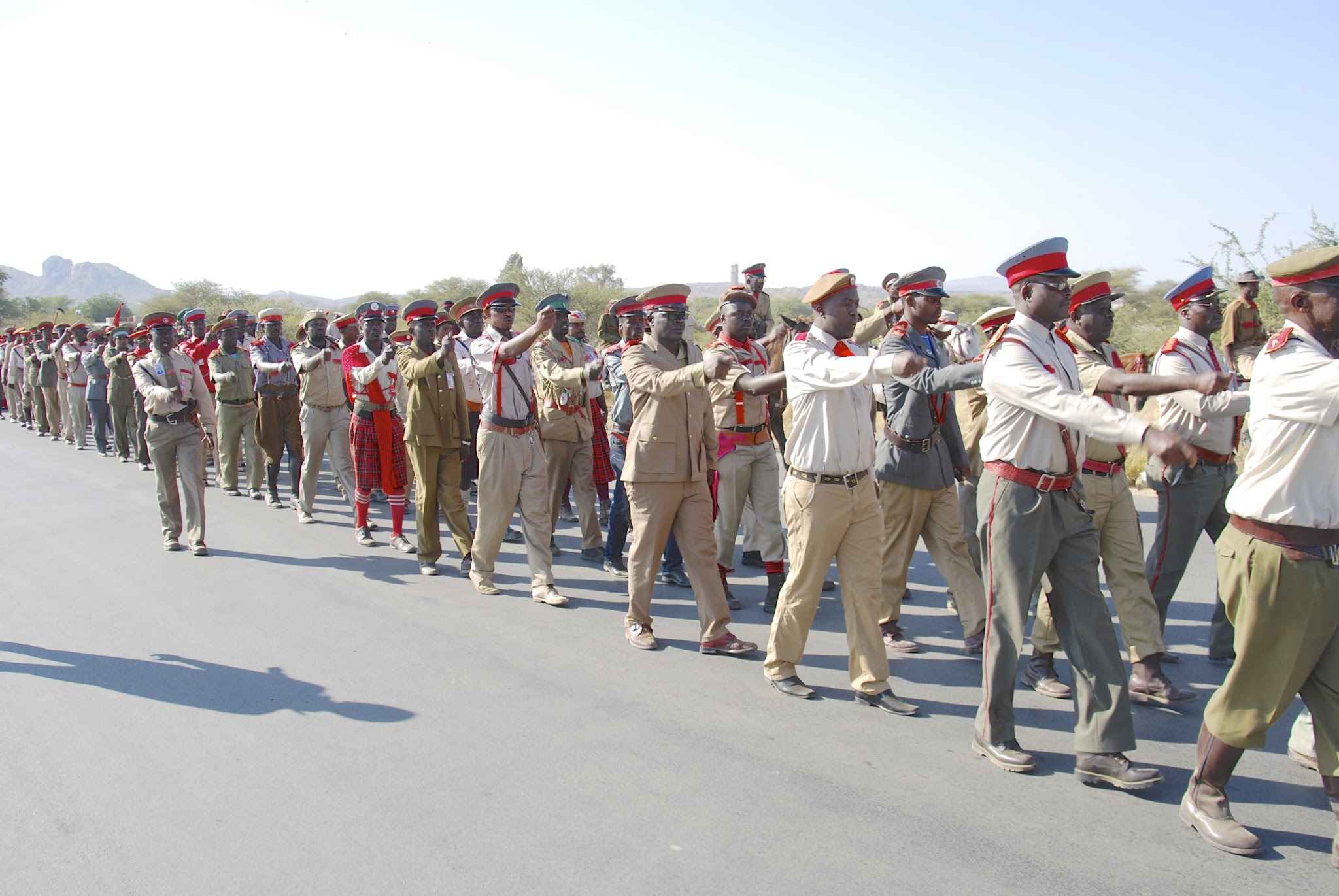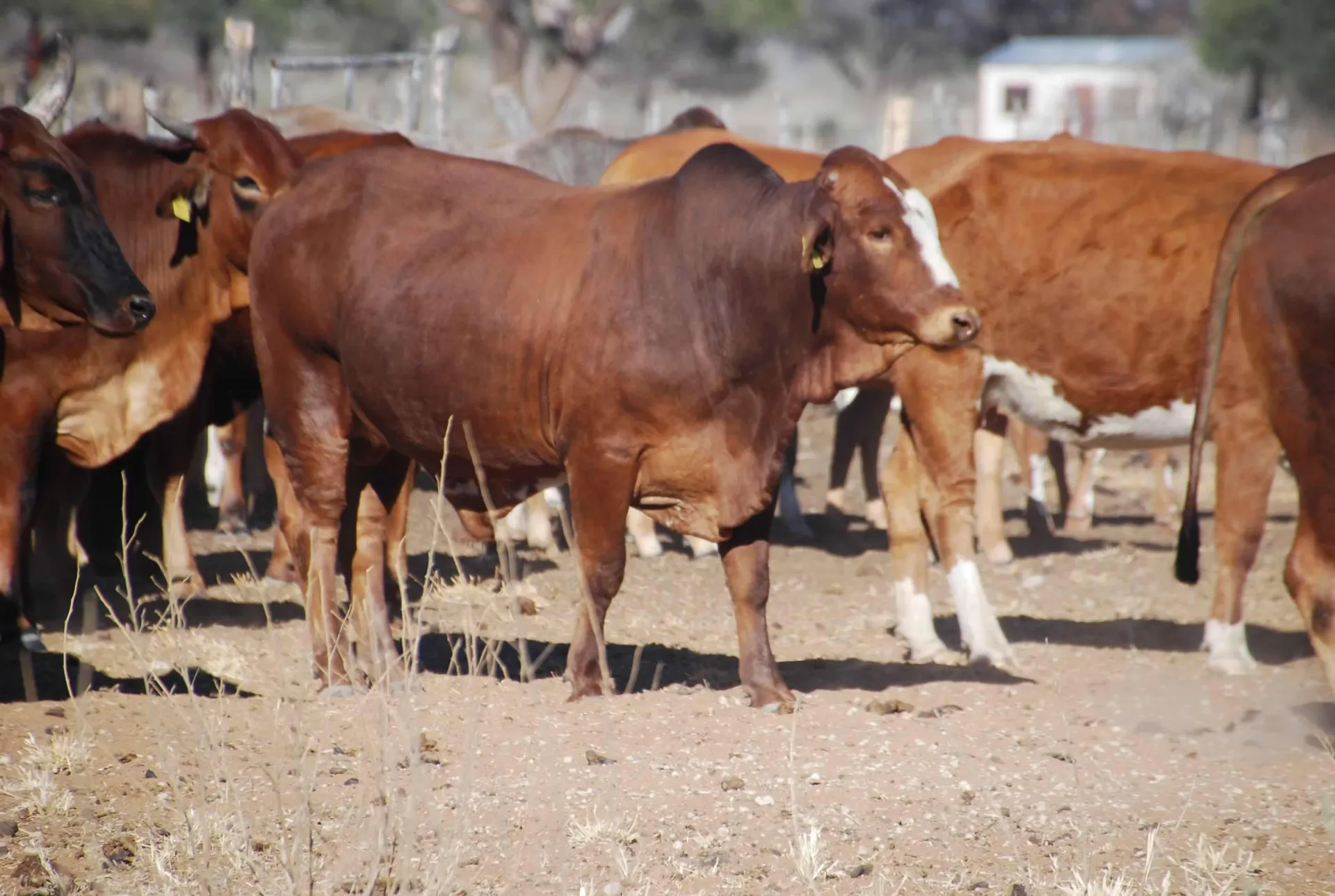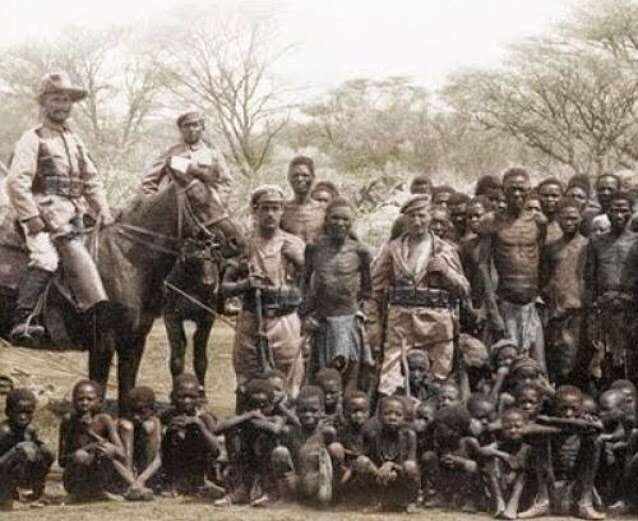Based on the outlined crimes and misdeeds against the OvaHerero people during the period of 1904-1908, the OPMRF calls for Germany to give full admission to the victims and descendants of the genocide of 1904-08, engage in truth and reconciliation process within the context of international legal standards and in alignment with the seven principles below.
Full Formal Apology
The persistent denial of the German government for the genocide committed against the OvaHerero people continue to retraumatize the descendants of the victims and survivors of the genocide of 1904-08. For the descendants to heal the wounds, Germany must issue a formal and unambiguous apology directly to the descendants of the victims and survivors of the genocide. The state of Germany must cease the threat to issue a formal apology in the historical context. Such a statement shall not help with the healing process and may will further fuel the grievances of the descendants of the victims and survivors of the genocide.
Thus, the OPMRF demands that Germany must offer a full and unambiguous apology to the descendants of the victims and survivors of the genocide of 1904-08. The apology must be formally endorsed by the German Parliament and should include a clear explanation of the crimes committed.

Reparations

The German colonial government destroyed the cultural, socio-political institutions of the OvaHerero people and during the post-war period by denying the OvaHerero people to own land, cattle and other properties, assembly as group of people to reconstruct their society. The German colonial government forcefully confiscated land, cattle, goats and horses that belong to the OvaHerero and gave them to the German settlers.
Thus, the OPMRF demands that the successor German government pay reparations to the OvaHerero people for the loss of rights to their properties, land, cattle at a current market value of the goods that were taken from the OvaHerero people.
Restitution
The German colonial officials, settlers and visitors looted cultural artefacts, robbed sacred cemeteries, killed, maimed individuals, and exported their human remains that are currently housed in universities and museums in Germany, United States, France and elsewhere.
Thus, the OPMRF demands that the German government commit to repatriations of the stolen artefacts and human remains that were taken away without the consent of the OvaHerero people.

Resettlement
The German colonial troops under Von Trotha infamous extermination order explicitly stated that “Within the German borders every Herero, with or without a gun, with or without cattle, will be shot,” and as result many OvaHerero people fled to the east to Angola, Botswana, and South Africa. The genocide survivors lived in the host country is refugees who fled persecution. Many survivors and descendants of the survivors yearn to return to their home country, present day Namibia.
Thus, the OPMRF demands that the German government commit to fund a program of resettlement of the descendants of the survivors in the said countries who wish to return to Namibia. It must further commit and jointly develop a program financial rehabilitation for the descendants of the survivors who return by constructing health facilities, schools, and agricultural programs (finance and drill boreholes) for them to engage in a meaningful activity as citizens.
Economic Rehabilitation

German colonial troops displaced OvaHerero people from their land and much of the vast land that is open to resettlement of the diaspora needs be rehabilitated to make it livable and economically viable for those resettled to engage in meaningful productive economic activities.
Thus, the OPMRF demands that any resettlement program must accompanied by financial, legal and economic assistance that may include among others drilling of boreholes, fencing of the areas and making the areas more accessible for transportation. The German government must commit that to the Reparatory Justice framework that include a comprehensive rehabilitation process jointly developed with the Affected Communities.
Inclusive Multilateral Negotiations
The German and Namibian governments have engaged in a bilateral negotiation whereby the descendants of the victims in Namibia, Botswana, South Africa and elsewhere have been excluded. As a result of the pursuit, and the explicit order of General Von Trotha to expel the OvaHerero people from the so-called German territory, the surviving OvaHerero fled to Botswana, South Africa, and Angola. They were not allowed to return then and up to the time of independence. The descendants of the victims and survivor continue to live in the said countries, but still without clear international legal status. Many in Botswana are considered nationals but do not enjoy full citizenships.
Thus, the OPMRF demands that the German government in the spirit of reconciliation must commit to engage in a multilateral negotiation that involves the descendants of the survivors and victims of the genocide of 1904-08 regardless of their geographical locations. Such multilateral negotiations include the African Unions, United Nations, and the regional human rights bodies as observer to the process.
Framework and Modalities for Reparatory Justice
The German and the Namibian governments engaged in a negotiation on the genocide that has no transparent frameworks. The negotiations lacked the basic structure of inclusion of the Affected Communities to express their grievances and voices. The negotiation also lacked historical modality of the genocide as it lacked the depth and understanding of the matter that led to the Joint Declaration of 2021 between the two governments that has been overwhelmingly rejected by the Affected Communities and the parliament.
Thus, the OPMRF demands that the German government must commit to jointly develop framework and modalities for reparatory justice with the Affected Communities, UN, African Union and other stakeholders /interested parties. Such framework will help create a fair and mutually agreed upon principles and avenues of meaningful negotiations.

